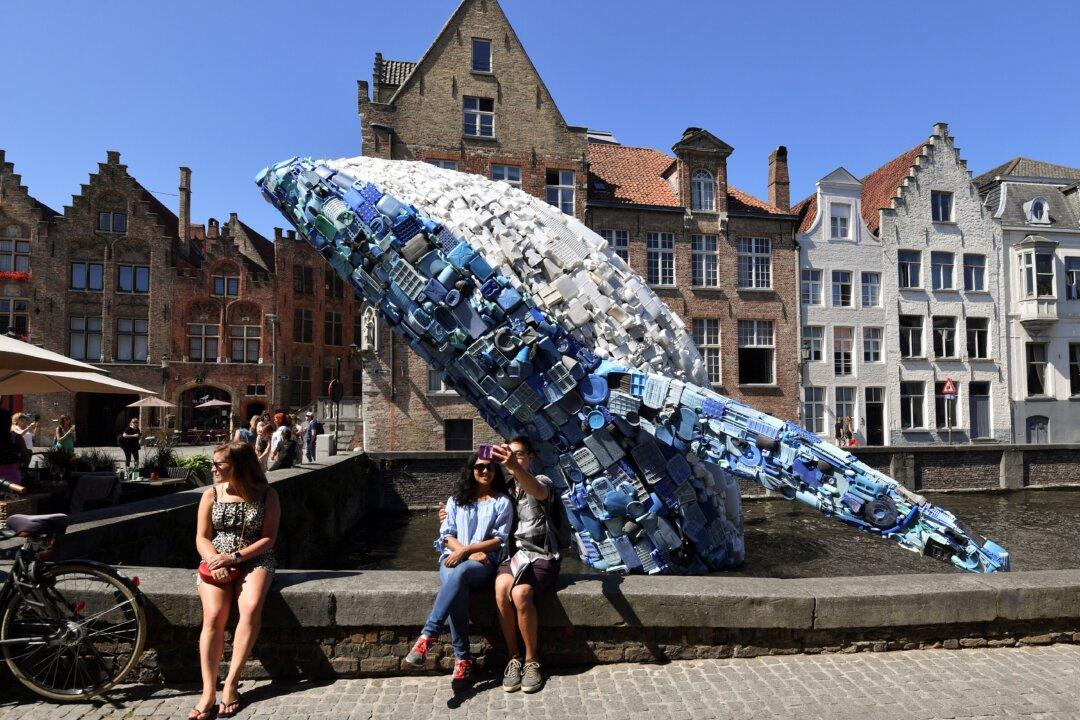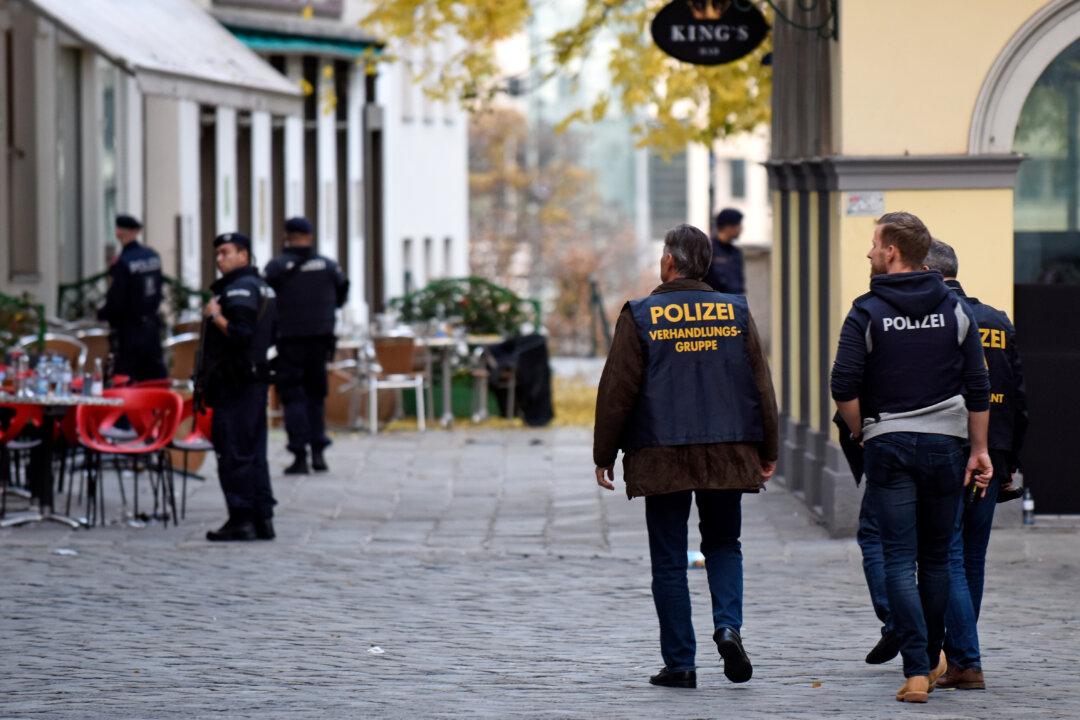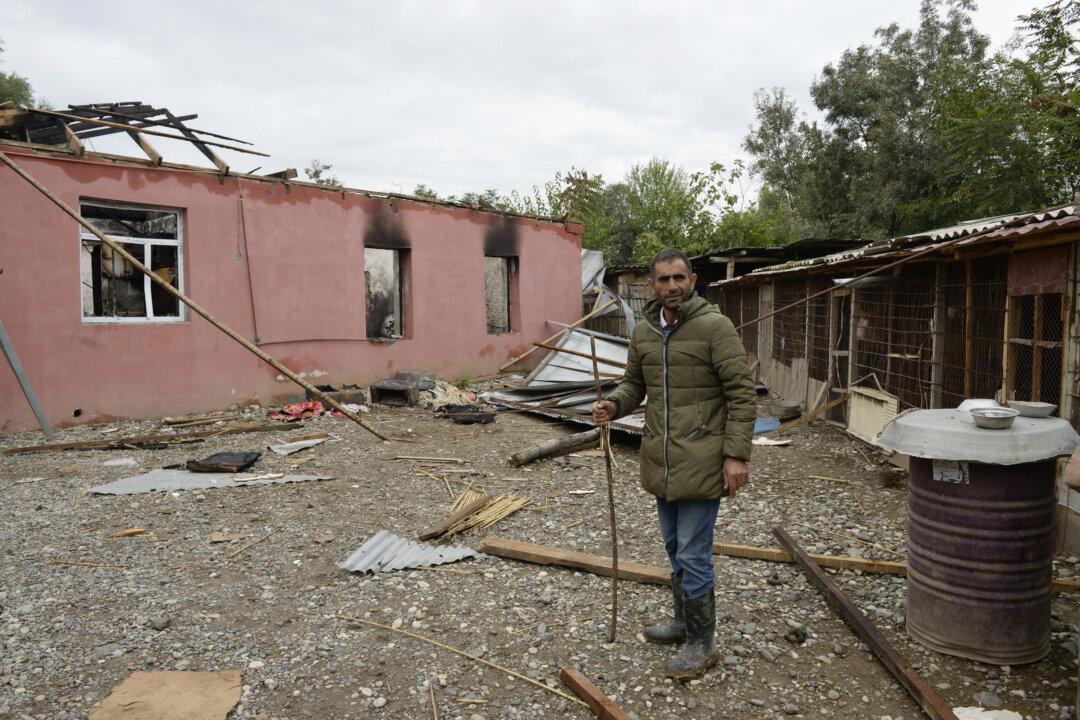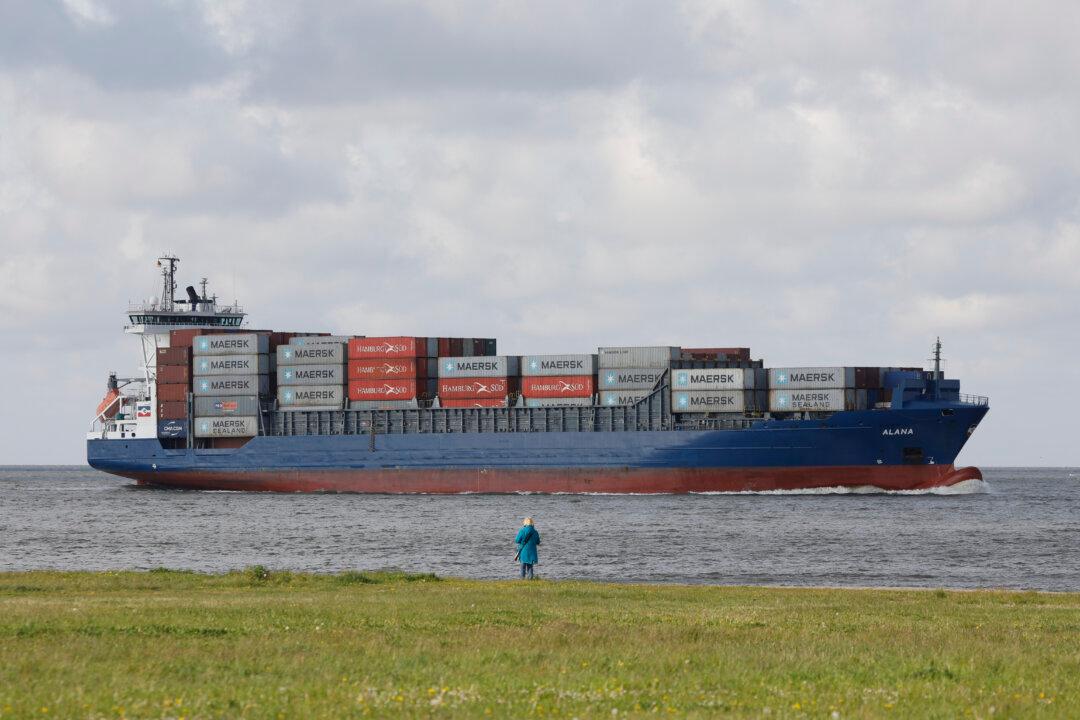BRUSSELS—Bruges, in Belgium, has become the latest European city to announce a crackdown on tourist numbers, amid growing concern about overcrowding at the continent’s most popular holiday destinations.
Belgium’s most famous tourist hotspot—known around the world as the “Venice of the North”—will move to restrict the number of visitors during peak times, following in the footsteps other major attractions.




